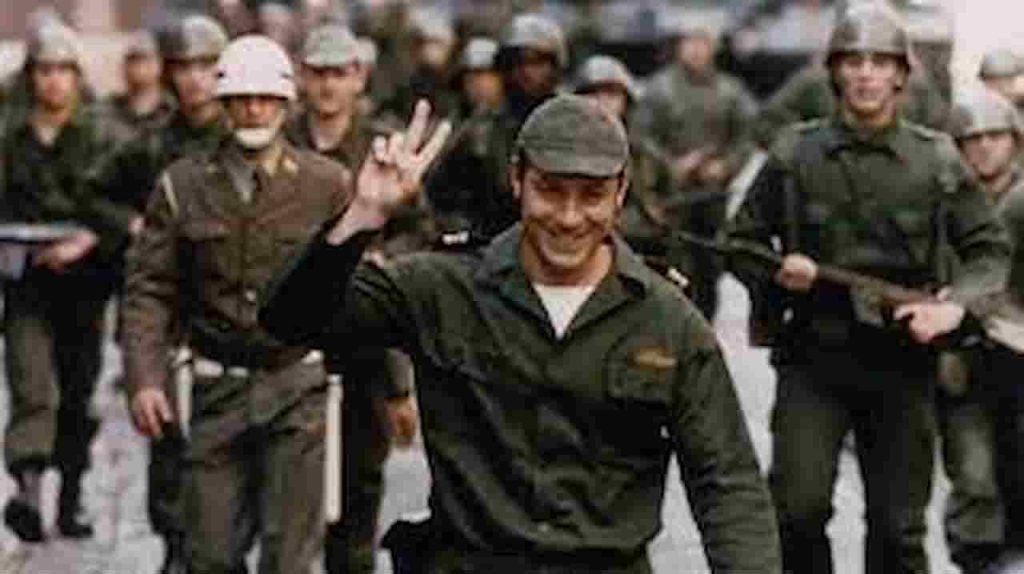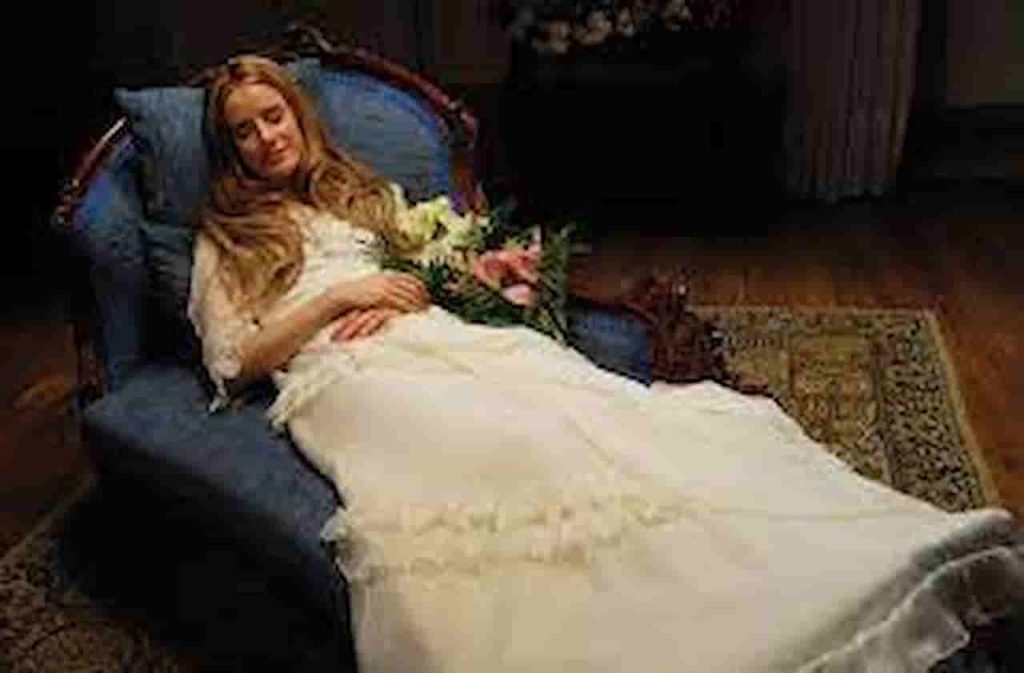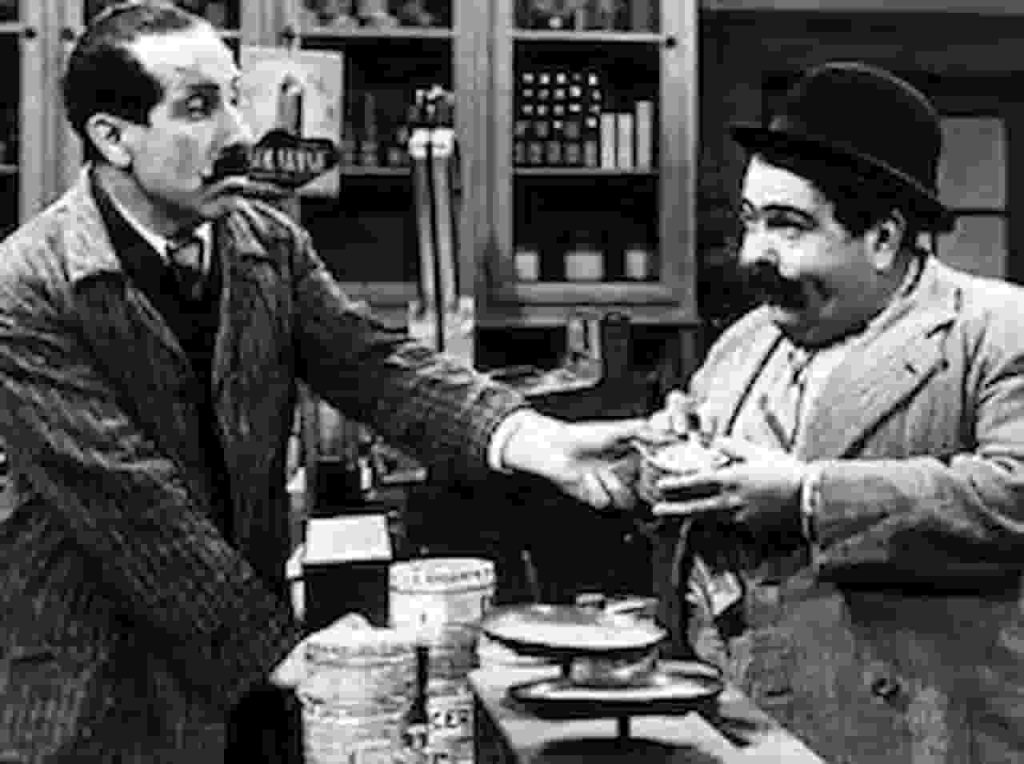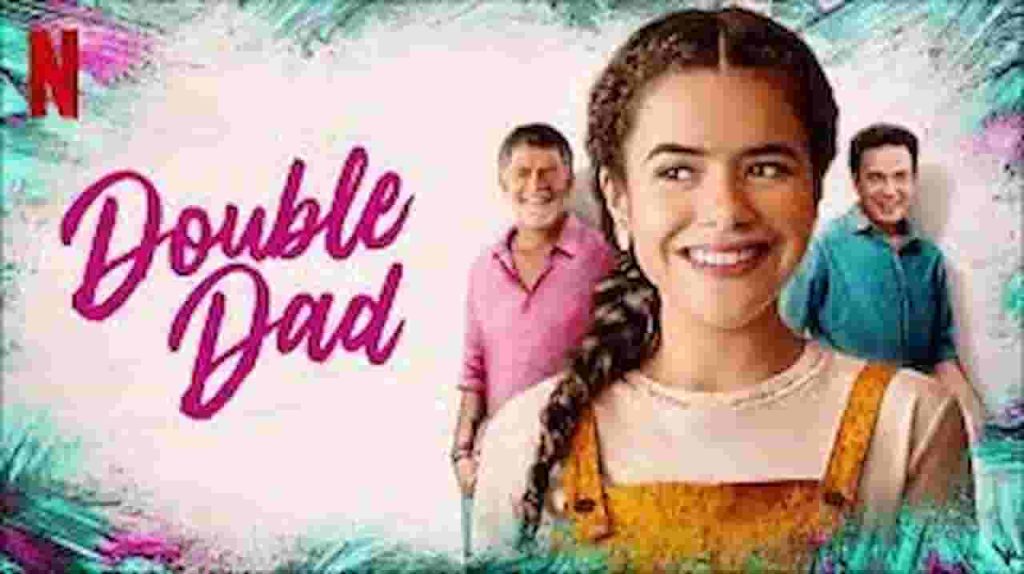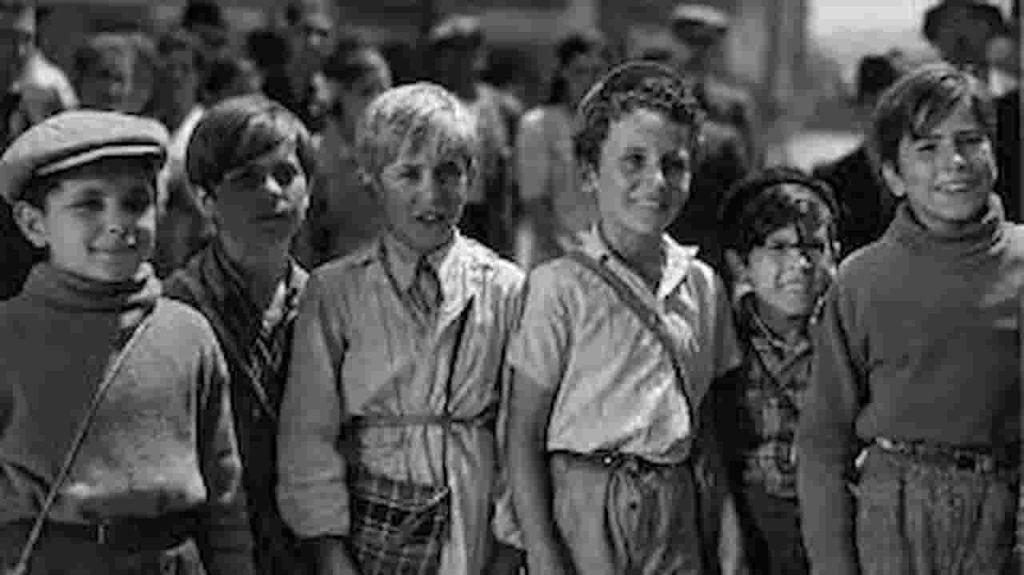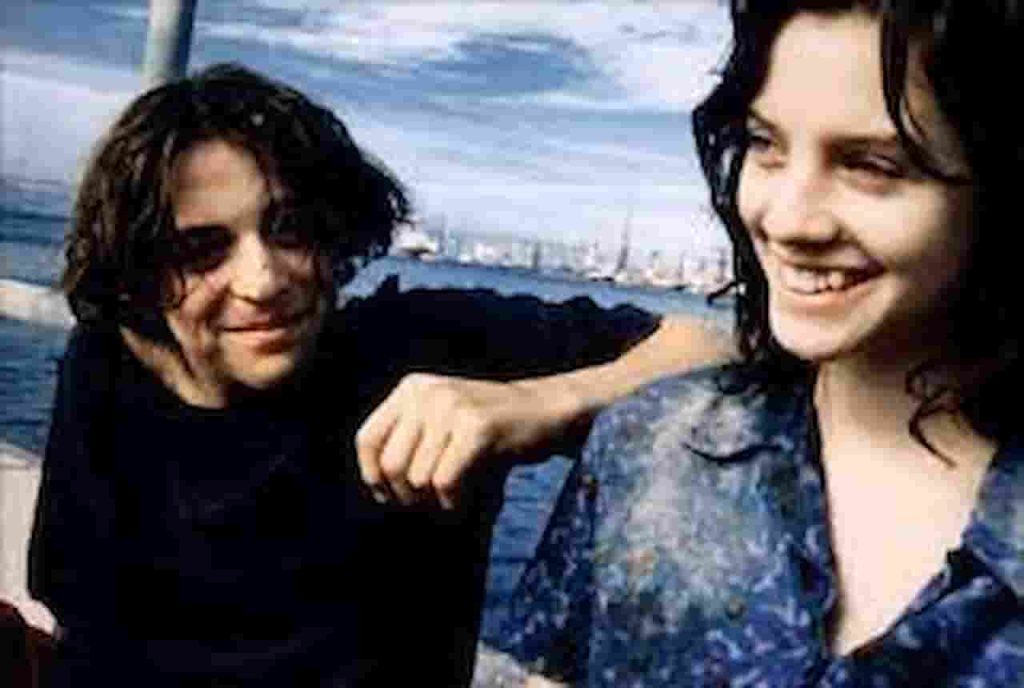Here Are The 12 Best Portuguese Movies You Can Watch Right Now:
In the early days of sound movies, Portuguese national film might not have come up with a style that made it stand out to people around the world. However, Portuguese directors such as Pedro Costa, João Pedro Rodrigues, as well as Miguel Gomes have changed that in the last few years.
Since the conclusion of the 1800s, there has been movies in Portugal. According to history, the first written picture was made in Portugal in 1907. In 1933, a new Portuguese national film began, influenced by the strict views of Salazar, the country’s ruler. From the 1930s to the early 1940s, movies from Portugal were at their best.
Manoel de Oliveira, Portugal’s best director, made his debut feature film, Aniki-Bobo, within 1942. It had a realistic style that came before Italian Neo-Realism.
The French New Wave sparked a new wave of movies that took the country through storm in the early 1960s. But Portuguese directors didn’t have many freedoms until after the 1974 Carnation Revolution, which got rid of the Nazi regime.
Manoel de Oliveira was the oldest director who was still making movies until he died within 2015 at the age of 107. Since the 1990s, Portuguese movies have won a lot of awards at European film festivals.
Jonas:
‘Jonas’ is about a boy as well as a girl who have loved each other since they were kids and live in Sao Paulo. Even though they are attracted to each other, social norms have kept them apart.
After many years, they meet again at a fair and realize that they continue to cherish each other, no matter what is going on in their lives. The boy does something bad at the fair and has to leave to stay safe.
The girl is in risk because of him, so he takes her away. The boy as well as the girl must choose what they want from each other while hiding somewhere no one will see them. Laura Neiva, Jesuíta Barbosa, Paulo Américo, as well as Ana Cecília Costa are in the group.
Tabu:
Every voodoo secret, every old folktale, and every post-colonial review of Miguel Gomes’ Tabu is full of awards and praise, from five-star reviews in The Guardian to rare Alfred Bauer trophies from the Berlin International Film Festival.
People can’t get enough of this strange feature film, which is now the most widely shown Portuguese movie in the world. The flashback narrative’s story of lost love, half-remembered history, brave African exploration, as well as romanticized nostalgia is too good to pass up.
April Captains:
April Captains is the first movie that the multitalented actor Maria de Medeiros has directed. She takes a risk by writing about the 1974 Portuguese Revolution, which was a major turning point in ending the country’s 40-year regime.
April Captains takes place on April 24, 1974, and is told from the point of view of two military officers who were involved in the bloodless coup. Maria plays Antonia, a prison teacher who is also a part of the underground resistance organization.
April Captains presents a very simple story about history with a lot of love and charm. It’s a story about how the strength and drive of the people took down a dictatorship.
Jefe:
“Jefe,” a comedy directed through Sergio Barrejón, is about a businessman who thinks he has everything. But life can also take away from us.
Almost everything goes away quickly for the guy, including his wife, his friends, and the stocks in his company. He only has a week to figure out his problems, which include a money problem. He needs to discover a way out, yet he doesn’t know how.
At this point, Ariana, the night shift cleaner, comes to help him and take charge. How? You’ll need to see the movie to find out. In the movie “Jefe,” Juana Acosta plays Ariana as well as Luis Callejo plays César. Adam Jezierski as well as Dalila Carmo play minor parts.
Blood Of My Blood:
The famous director João Canijo has made a wonderful, unexpected epic drama. It does a good job of adding heartbreaking twists and turns to the everyday life of people in the suburbs of Lisbon without becoming too dramatic.
The story is about the Fialho family, who seem like normal, hardworking people. But they slowly get caught up in a web of lies and scheming that threatens their straightforward existence at every turn.
Rita Blanco and Cleia Almeida give strong performances throughout. The work’s success is shown by its nominations for an Oscar for Best Foreign Language Film and its praise from the San Sebastian International Film Festival as well as the Miami International Film Festival.
The Strange Case Of Angelica:
Even after he turned 100, writer and director Manoel de Oliveira’s serious formality kept surprising us. Angelica Oliveira’s second-to-last full-length movie, The Strange Case of Angelica Oliveira, is a riveting love story with sensitive visuals and writing.
It takes place in Porto, a river town, and is about a young photographer named Isaac who lives at a simple boarding house. Angelica, a pretty young woman from a rich family, asks Isaac to take a picture of her after she has died.
When Isaac peers at Angelica through the scope of his camera, he is shocked. The movie is a strange and funny look at what photography and movies are really about. In the end, it’s still a marvel because the 101-year-old director saw it through the eyes of a child.
People say that Oliveira used CGI for the initial time in a dream scene in Angelica. Since Oliveira started working in movies during the silent era, this makes him, in a way, as old as movies themselves.
The Little Switzerland:
“The Little Switzerland,” directed through Kepa Sojo, is a comedy that deals with a touchy political subject while still managing to be funny. It’s a great movie to watch.
The story takes place within the made-up Spanish town of Tellería, which is in the autonomous community of Castilla-León. The people of the town have tried many times but failed to get the government of the Basque Country to let them change their community as well as accept them and speak Basque.
As the fight goes on, the tomb of the son of a famous Swiss hero from stories is found. This changes people’s goals; they now want Switzerland to accept Tellería instead of Basque.
This is the question: Does it have what it takes to be a Swiss community? Ingrid García-Jonsson, Pêpê Rapazote, and Maggie Civantos are some of the great actors in this amazing movie. This is where you can watch the movie.
In Vanda’s Room:
People who live on the poorest levels of society in Portugal today can feel the harsh facts of life in In Vanda’s Room, which takes the audience to the crowded Lisbon streets. The story picks up because the government wants to destroy the area because it’s full of poor and drug-using people.
They think that destroying the whole area will help them. What happens is a dark, thought-provoking, and highly emotional tale that makes you think about poverty and boredom in modern Portugal.
A Song Of Lisbon:
The comedy by Jose Angelo Cottinelli Telmo was the first French-language movie made entirely in France. Mr. Telmo was a complex person who was good at many kinds of art, such as building, film, and music.
A Song of Lisbon was a great movie that started a golden age for Portuguese movies. It’s about Vasco, a lazy medical student who depends upon his old, rich aunts to pay for his fun activities. But fate has other plans, and Vasco soon has no money and nowhere to live.
At the beginning of the movie, there are strong and beautiful images of Lisbon that make us think of Berlin. The funny parts are sweetly silly and mostly fun to watch.
Double Dad:
Having a dad is cool, but having two dads is even cooler. It’s not always bad and may be a lot of fun, as “Double Dad” shows. As Vicenza turns 18, she chooses to look for her dad because she couldn’t convince her mother, who she lives with happily, not to. The movie, directed by Cris D’Amato, tells this story.
In order to find her father, she sneaks out while her mother is away and finds two guys who couldn’t be more different from each other. One of them is her dad. Everything gets more difficult as she gets closer to them.
The movie tells us if she was finally able to figure out who her real father is and how she handles the news. As Vicenza, Maisa Silva plays the part, and Pedro Ottoni as well as Eduardo Moscovis play lead secondary parts.
Aniki Bóbó:
This thoughtful film by Porto’s own Manoel de Oliveira is seen as one of the first examples of Italian neorealism within European film. It takes us all the way back to the beginning of the Portuguese Golden Age of film.
The story is about a small group of kids who hang out on the banks of the Douro river in northern Portugal. There is a love triangle between the gang’s new member, the boss, and the only girl there, Terezinha.
By using child actors throughout, Oliveira is able to attack modern politics, morals, and other things like that. This lets viewers ask questions about these complicated topics through the simple lens of youth as well as childhood.
The Mutants:
Tessa Villaverde’s third movie as a director and actor was a sad story about homeless teens in Lisbon who have been kicked out of the criminal system. Three main young characters Andrea, Pedro, and Ricardo make up the story.
As teens, they have to deal with the tough world where everyone is out to get them. A well-known Portuguese actor named Ana Moreira makes her starring debut in this movie. The story is driven by her captivating acting as Andreia.
Teenagers’ lives are brought to life by Tessa Villaverde with a lot of honesty and grit. In any case, she does not allow the story to turn into sad porn.In Cannes, The Mutants was shown in the “Un Certain Regard” block. People all over the country talked about how to help homeless teens after seeing the movie.




